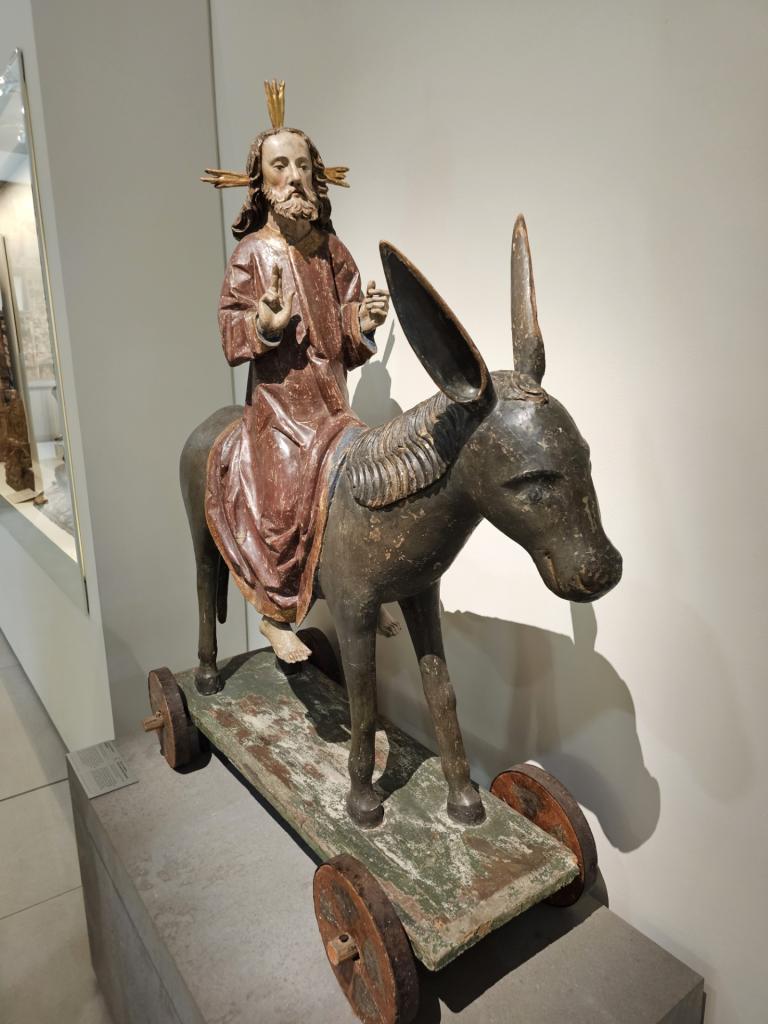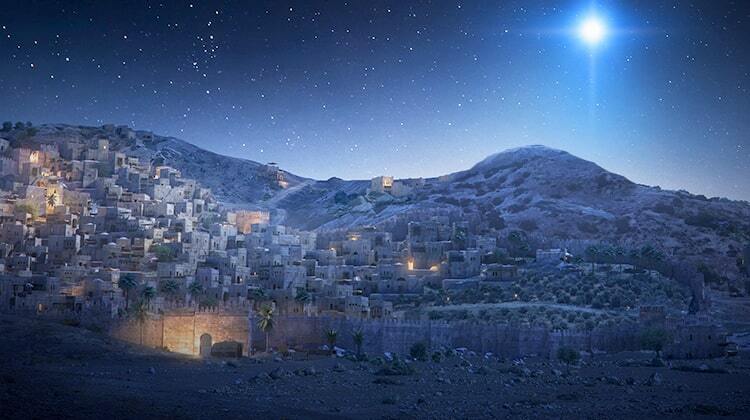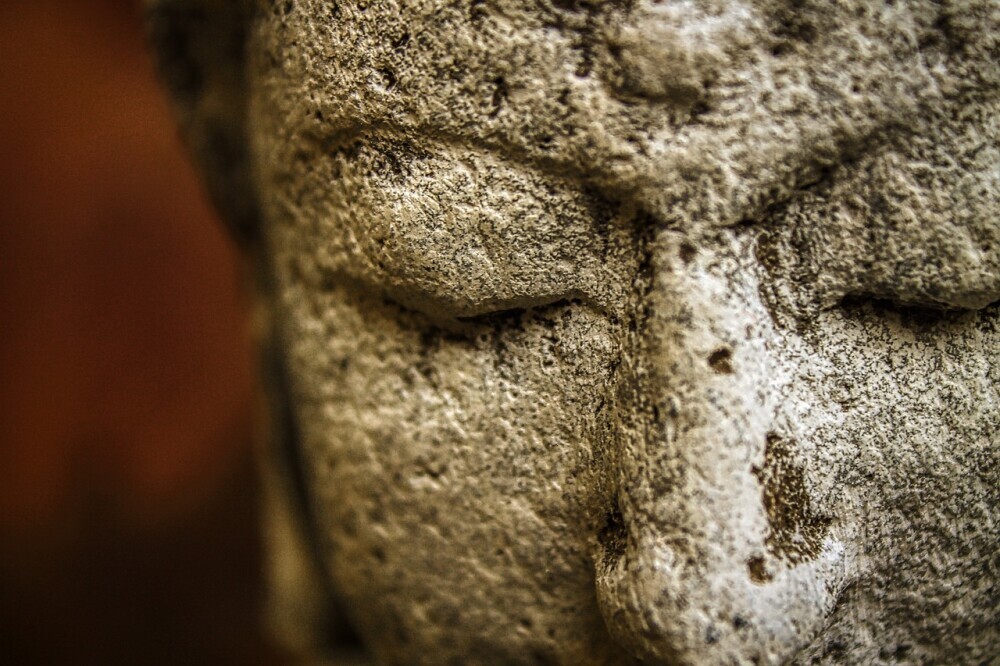What Is Happening?
Why is it so easy to get angry when we have to wait? It seems like that‘s our natural go-to response. There are other things that we may embrace when we‘re waiting that are unhelpful, like getting anxious or apathetic. But for most of us, myself included, our natural knee-jerk reaction is frustration, low-grade anger, or really angry.
What‘s happening in that moment? What’s happening is that underneath these moments of waiting is the reality that I‘m no longer in control. I don‘t have the ability to change the situation. Things are out of my ability to manipulate, manage, or maybe even figure out.
That creates an enormous level of insecurity. It can be fearful, and it can be something that you want to solve quickly. Anger is an emotional, sinful response to try and solve something quickly so I can regain control. As I’ve thought about that, it’s been helpful for me when I‘m in a season or a situation that I‘m forced to wait and I didn‘t expect or want to wait. I can realize, Oh! This rising sense of tension within me is actually not just anger. It may be anger, but it‘s also my desire to regain control and, in effect, to try and be God-like and to change the situation even though I don‘t have the power to change it.
Waiting feels really powerless. You think of what the book of James says about anger. It says the anger of man does not accomplish the righteousness of God. James lays out a distinction: we have God‘s righteousness, and we have man‘s anger. And the two of them don‘t go together. As a result, his instruction is to be quick to hear, slow to speak, and slow to become angry.
Waiting Isn't a Waste
Mark Vroegop
In Waiting Isn’t a Waste, author Mark Vroegop explores 6 characteristics of waiting, calling believers to lean on Christ when we are uncertain about our lives, but certain about God.
So when you‘re waiting, it‘s important to recognize that this surfacing of anger is really my attempt to regain control of the situation. Waiting on God means that I release my right to control my life. So waiting simply means that I trust that it must be that God knows that this gap moment is good for me. Even though I don‘t like it and even though it‘s hard, God has designed this in order to teach me something about himself or about me.
In that way, you can transform the waiting moment from something that‘s annoying or hard to something that‘s instructive. You can also use it as a moment to be reminded not what you don‘t know or what you‘re not in control of but what you know to be true about God in this moment.
Psalm 27 says, “The Lord is my light and my salvation. The Lord is the stronghold of my life.” And then it says this: “Of whom shall I be afraid?”
I love the way the psalmist connects who the Lord is to moments that are fearful or things that in some way could be disconcerting. And I found it to be helpful in my own life, that when I‘m waiting, especially when those waiting moments are creating fear, I can go quickly to remind myself who the Lord is and what he is like.
Waiting on God means that I release my right to control my life.
And at the end of Psalm 27, it says, “I believe that I will look upon the goodness of the Lord and the land of the living.” So wait for the Lord. Be strong. Let your heart take courage, and wait for the Lord.
Listen, it takes courage to not get angry when you have an expectation of how your life‘s going to turn out. It takes boldness and strength to not give in to sinful anger when you want to take control. And one of the most faith-filled, godly things that you can do when you‘re waiting and you‘re tempted to be angry is instead to say, “I‘m going be reminded about who God is. When I don‘t know what‘s true about my life and I‘m tempted to get angry, I‘m going to turn that as an opportunity to say I know who the Lord is. The Lord is my light, my salvation. The Lord is the stronghold of my life. So whom shall I be afraid?”
Or maybe another way to say it: “So why should I be angry? I can trust in him.”
Mark Vroegop is the author of Waiting Isn’t a Waste; The Surprising Comfort of Trusting God in the Uncertainties of Life.

Mark Vroegop (MDiv, Grand Rapids Theological Seminary) is the lead pastor of College Park Church in Indianapolis and the author of the ECPA 2020 Christian Book of the Year Dark Clouds, Deep Mercy: Discovering the Grace of Lament. He’s married to Sarah, and they have four children and three daughters-in-law.
Related Articles
Crossway is a not-for-profit Christian ministry that exists solely for the purpose of proclaiming the gospel through publishing gospel-centered, Bible-centered content. Learn more or donate today at crossway.org/about.












 English (US) ·
English (US) ·